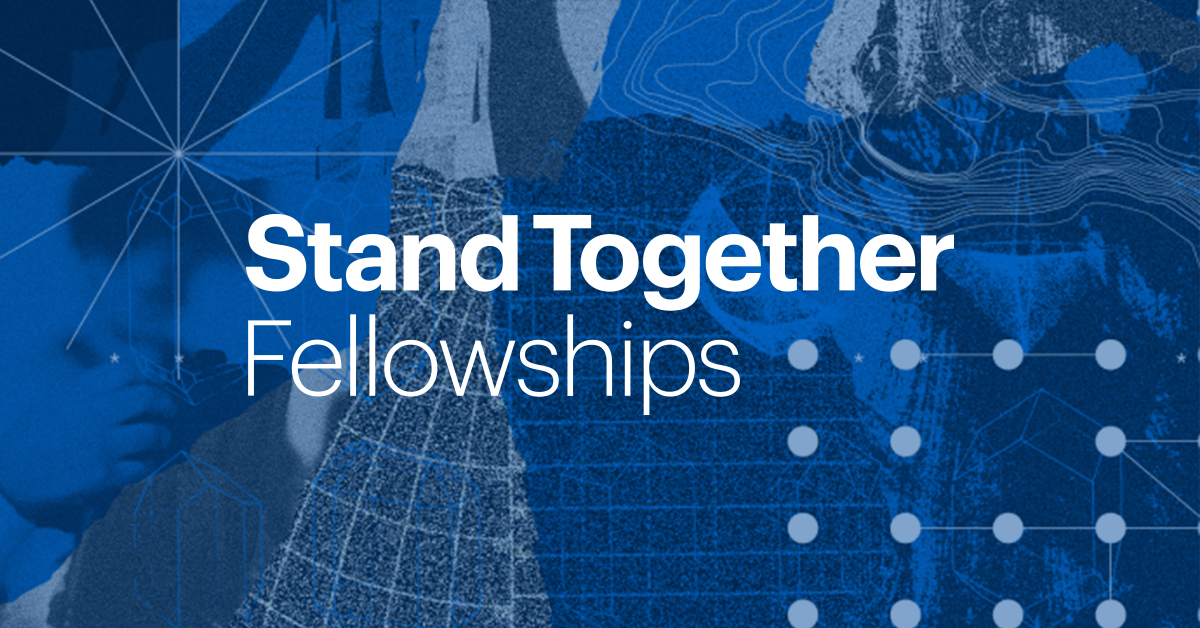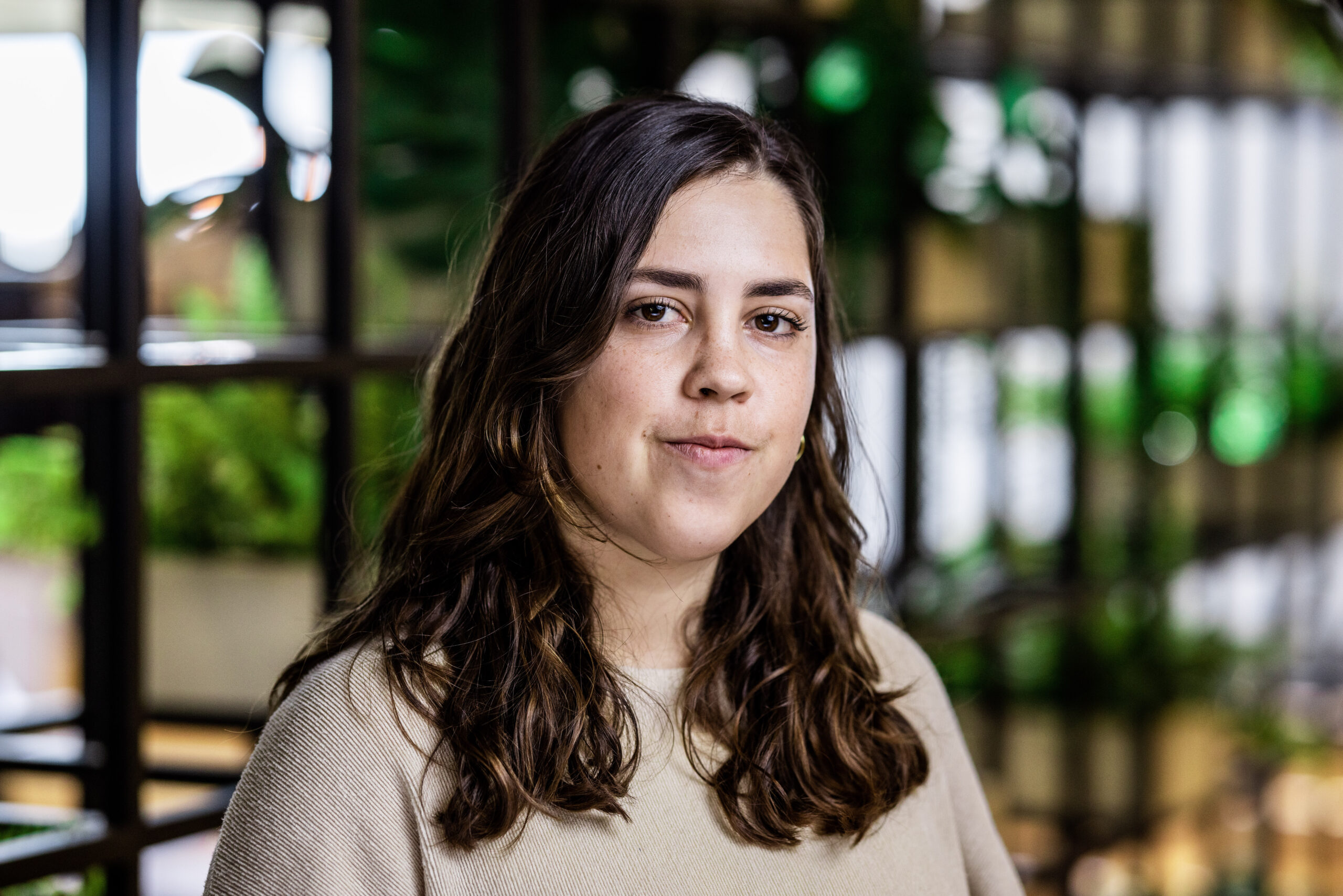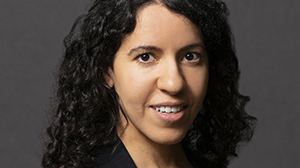By Hugh Cherry
In the middle of a global pandemic and political division, it can be easy to forget the progress humanity has made over the last century.
But this progress is real.
Between 1920 and 2020, life expectancy doubled in the United States. Humans invented the internet, the smartphone, and printers that can manufacture bionic eyes. The environment has gotten cleaner and, yes, incomes have improved — even over just the last 30 years. In 1984, the real median U.S. income was around $53,300. In 2020, the latest year for which data is available, it was $67,500, a nearly 27 percent increase.
What makes profound progress possible?
People, and their desire to improve human well-being, challenge conventions, and dream up better ways of delivering goods and services.
People are not the only ingredient, of course. Profound progress happens when society’s key institutions — education, community, business, and government — are characterized by the principles of human progress. At Stand Together Fellowships, we focus first on five overarching principles: dignity, openness, a bottom up approach to problem solving, an eye toward mutual benefit, and a desire for self-actualization. These principles are at the heart of Stand Together Fellowships’ effort to empower rising social entrepreneurs to develop better ways to tackle our country’s most pressing challenges. Whether our fellows eventually launch a startup, run a nonprofit, or go into government, these principles will help them drive human progress.
Let’s take a look at these principles.
What is dignity?
Dignity is a deep belief in the inherent worth of every person. Recognizing this worth helps individuals respect the rights and opinions of others, and it compels innovators to develop solutions to problems like poverty and racial injustice. We care for our fellow humans and want them to flourish.
Dignity animates organizations like Street Sense Media. Street Sense’s mission is to end homelessness by providing people in need with the skills, tools, and confidence they need to succeed. The organization’s innovative approach harnesses the abilities of men and women experiencing homelessness to create print publications, theater productions, and films that challenge peoples’ perceptions about the causes of, and solutions to, homelessness.
What is openness?
Openness is the free movement of ideas, resources, and people. It is the willingness to consider new ideas and perspectives. Openness generates knowledge, innovation, and opportunity.
This principle animates organization like The Village Square, a non-partisan public educational forum — made up of self-described liberals and conservatives — who get together to discuss matters of local, state, and national importance. These thought leaders believe that good solutions can come from good old disagreement. The organization works with community partners in cities across the country to create events that facilitate open discourse.
What is a bottom up approach?
Solving a problem is easier when a person understands it — when they are close to it. It also is easier for people to innovate when their interaction is organized by the general rules of just conduct, rather than a preconceived notion of what an outcome should be.
The individuals behind the SkillUp Coalition are on-the-ground innovators who understand the changing economy and toll the COVID-19 pandemic took on workers. Since its launch in July 2020, SkillUp has connected more than 850,000 workers to the training opportunities they need to apply for one of nearly three dozen gateway jobs — jobs that do not require a four-year degree, but pay a good wage and will unlock pathways to even better jobs.
What do we mean by mutual benefit?
People — along with organizations and businesses — succeed by creating value for themselves and others. Mutual benefit also drives collaboration.
This concept is at the heart of our partnership with The Poynter Institute, the world’s leading instructor of, and resource for, journalists. When we launched our media fellowship, we invited Poynter leaders to speak on a panel. We were grateful they accepted — and that our relationship grew from there. Our mutual commitment to sustaining a robust free press has helped our organizations accelerate the professional development of hundreds of journalists through the Poynter-Koch Media and Journalism Fellowship.
What is self-actualization?
Self-actualization is a commitment to discovering, developing, and applying our unique gifts for our own benefit and the benefit others. Self-actualization helps people to live fulfilled lives.
More than half of Americans who leave prison will find themselves in jail again. One reason for the nation’s high recidivism rate is that formerly incarcerated individuals have not been given the opportunity to develop the skills they need to find good employment at a fair wage. The Last Mile facilitates self-actualization by preparing incarcerated individuals for successful reentry through business and technology training. Students who go through The Last Mile have a zero percent recidivism rate.
Hugh Cherry is Director, Education Administration, for Stand Together Fellowships



